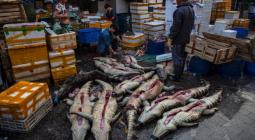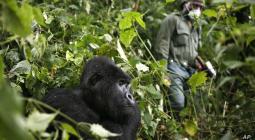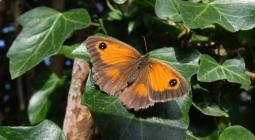Management of natural assets is key to sustainable development: Inclusive wealth provides the way forward.
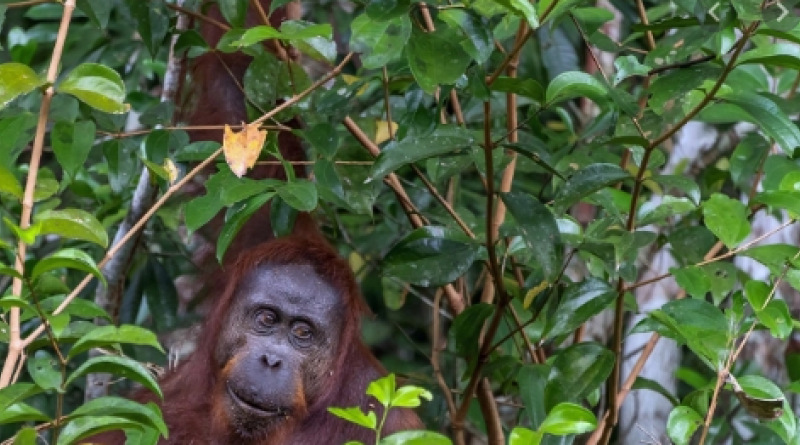
The United Nations Environment Programme (UNEP) has been working on “inclusive wealth” for a few years now. What is it, and how does it differ from Gross Domestic Product (GDP)?
Sovereign nations typically measure economic success in terms of GDP (income) but this approach is risky as it fails to track and measure the impact of this on nature. Inclusive wealth, on the other hand captures financial and produced capital, but also the skills in our workforce (human capital), the cohesion in our society (social capital) and the value of our environment (natural capital).
The concept of inclusive wealth takes into account the social worth of manufactured, human and natural capital which, in turn, is the source of a country’s GDP. Inclusive wealth measurement is critically important. Generations transfer this “wealth” (thus defined), not income, to the next generation. Handing over to future generations a healthy planet with little pollution and vibrant ecosystems is a prerequisite for sustainable development.
Inclusive wealth, therefore, underscores the essential role biodiversity and ecosystems play in the provision of many of the services we receive from nature, and on which our economies, livelihoods and well-being rely.
Humanity has prospered immensely in recent decades, but this has been coupled with profound impacts on biodiversity. What are the risks to our economies and way of life, as well as those of future generations?
Two-thirds of the world’s GDP, directly and indirectly, relates to the world's ecosystems and biodiversity. The World Economic Forum in its latest report says we need to measure and track inclusive wealth and identifies climate change and biodiversity loss as the two most important threats facing businesses and the economy.
But globally biodiversity is declining faster than at any time in human history. According to a landmark report from the Intergovernmental Science-Policy Platform on Biodiversity and Ecosystem Services (IPBES), the average abundance of native species in most major land-based habitats has fallen by at least 20 per cent, mostly since 1900.
This shows that GDP growth is unable to capture biodiversity in the way that inclusive wealth does. The 2018 Inclusive Wealth Report suggests that in the last 25 years, natural capital has declined in 140 countries.
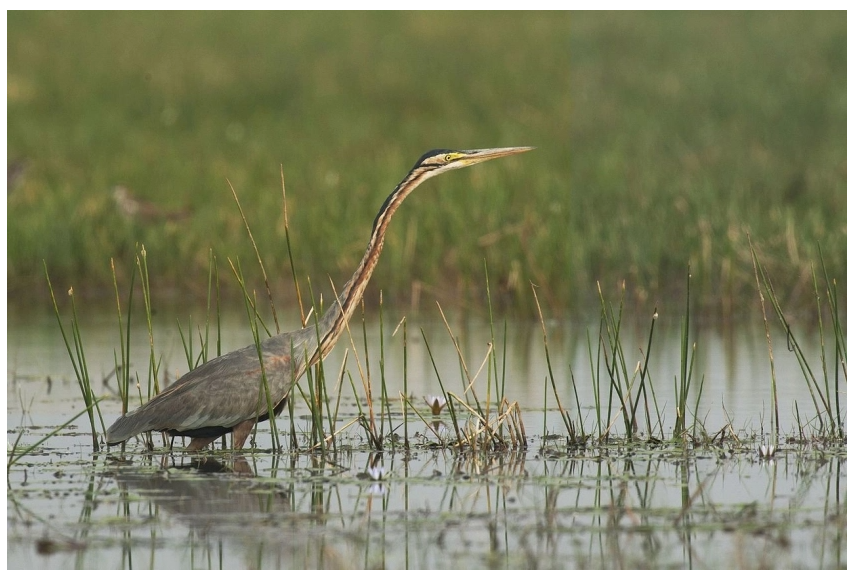
The current imbalance between nature and human activity is manifested in habitat fragmentation, the illegal wildlife trade, and the destruction and domestication of wild species. This has increased the risk of the transfer of dangerous pathogens from animals to humans. How does “inclusive wealth” inform the COVID-19 crisis and how can countries “build back better”?
The devastation that COVID-19 is causing underscores the importance of biodiversity for our health and that of the global economy, and the need for the human enterprise to live within the “safe operating space” of the biosphere.
COVID-19 recovery calls for an ambitious line of enquiry into zoonotic diseases and ecosystem health. Our continued erosion of wild spaces, primary forests and ecosystems have brought us uncomfortably close to “reservoir hosts”, i.e. animals and plants that harbour diseases that can transmit to humans.
The expansion of renewable energy and more effective and safer waste management are key investment priorities if we want to build back better. “Investors cannot continue to ignore the price our planet pays for unsustainable growth,” says United Nations Secretary-General António Guterres.
UNEP has been contributing to the United Kingdom’s Dasgupta Review – Independent Review on the Economics of Biodiversity Interim Report. Why is this report important?
The Review explains why the economics of nature and biodiversity is important for decision-makers, especially in the areas of finance, development and planning, and suggests policy options. It contributes to our understanding of why we have disrupted nature’s processes, and what we must do differently to enhance our inclusive and collective wealth and wellbeing, and that of our descendants.
What are the main messages of the Review?
That the economics of biodiversity is the economics of the biosphere, and that biodiversity sustains the biosphere upon which we all depend for our survival. It sees the management of nature and biodiversity as an asset management issue. It demonstrates how our demand for the goods and services that nature provides outstrips its ability to supply them sustainably. And it suggests that the only way to measure societal progress is by measuring the inclusive wealth of the economy.
How has UNEP contributed to the Review?
UNEP has provided evidence to the Review in the form of insights, findings and case studies relating to biodiversity and ecosystems, as well as UNEP’s work on inclusive wealth. As a Panel Advisory Member for the Review, UNEP Executive Director Inger Andersen has made regular suggestions.
Nature is in crisis, threatened by biodiversity and habitat loss, global heating and toxic pollution. Failure to act is failing humanity. Addressing the current coronavirus (COVID-19) pandemic and protecting ourselves against future global threats requires sound management of hazardous medical and chemical waste; strong and global stewardship of nature and biodiversity; and a clear commitment to “building back better”, creating green jobs and facilitating the transition to carbon neutral economies. Humanity depends on action now for a resilient and sustainable future.
For further information, please contact Pushpam Kumar: Puspam.Kumar@un.org
30 April 2020
UNEP

